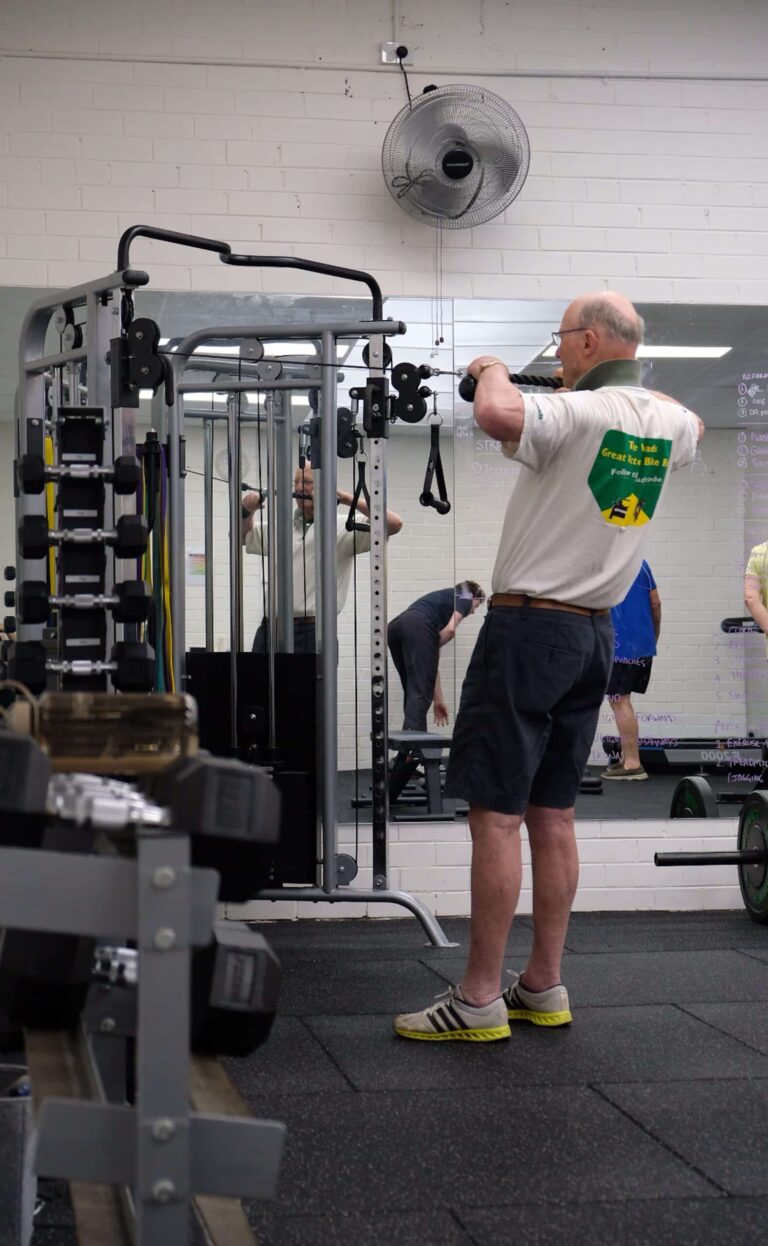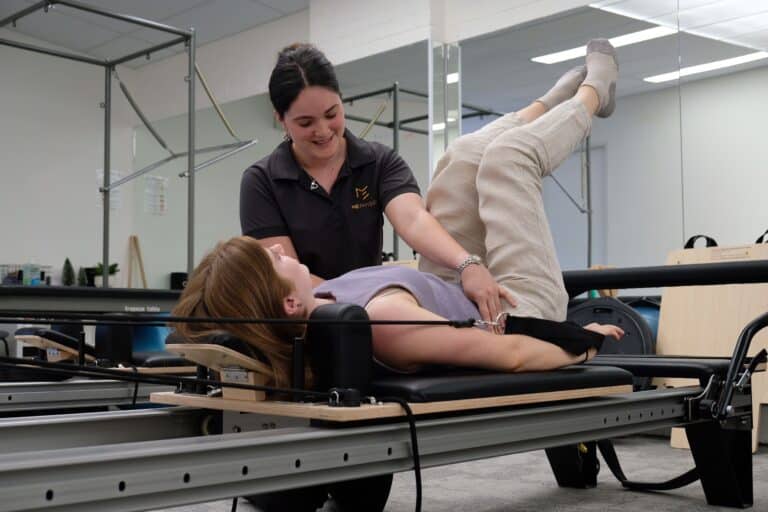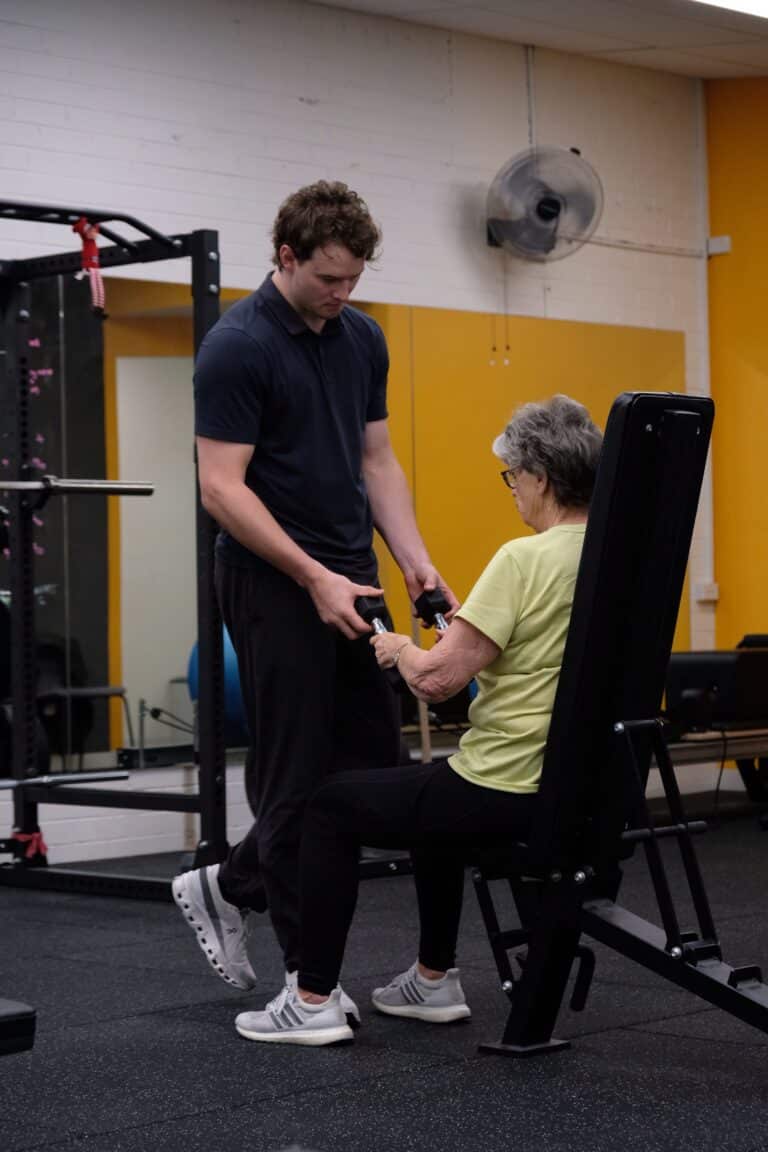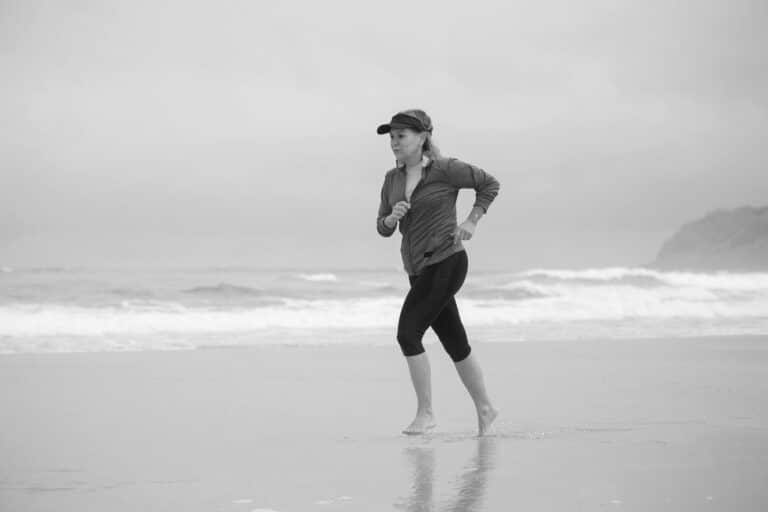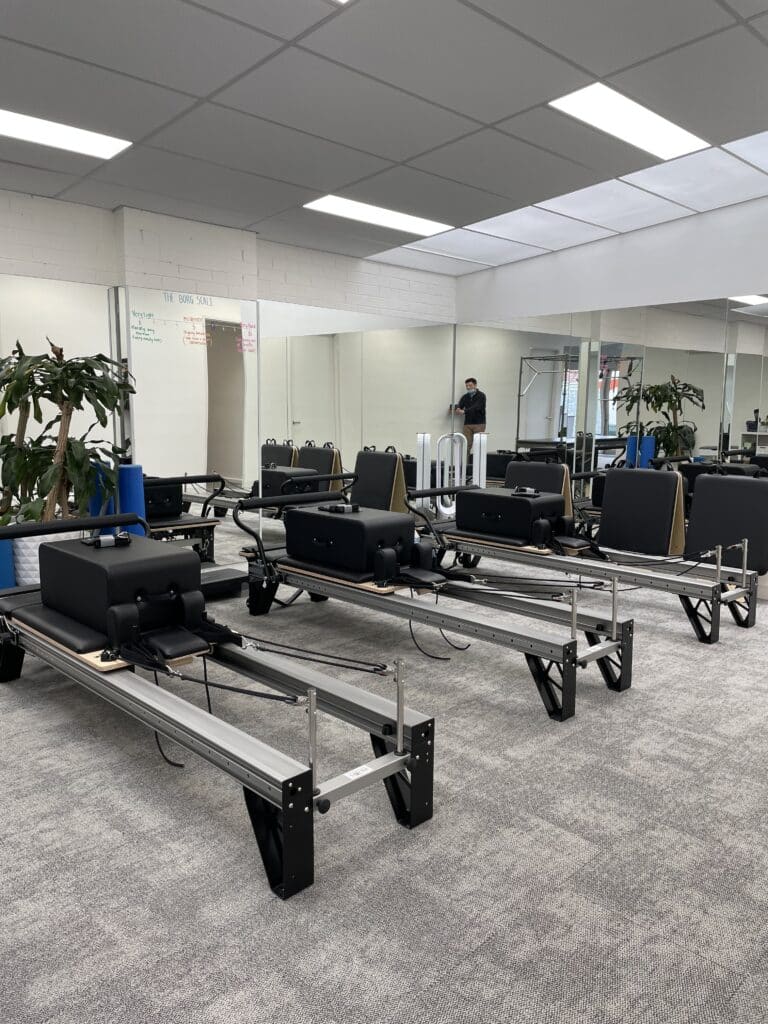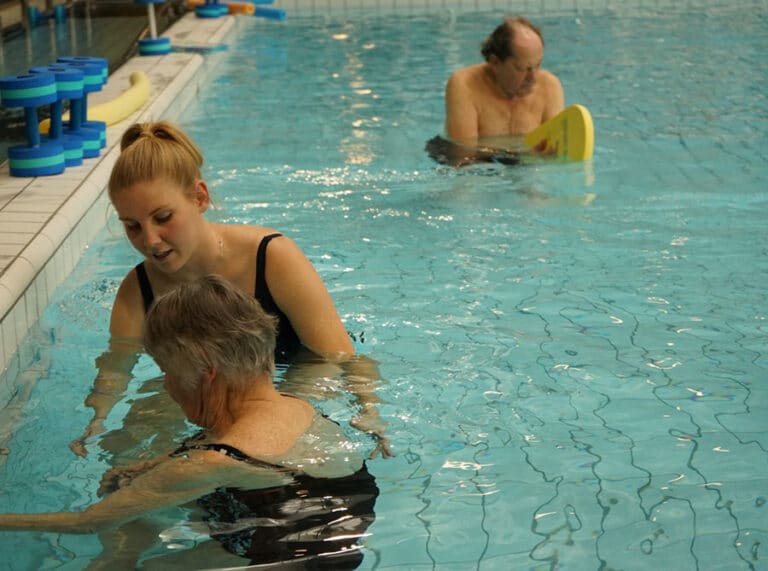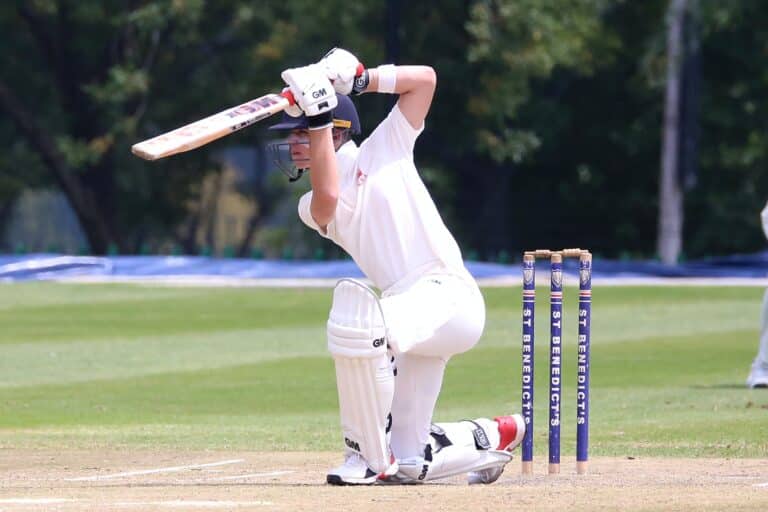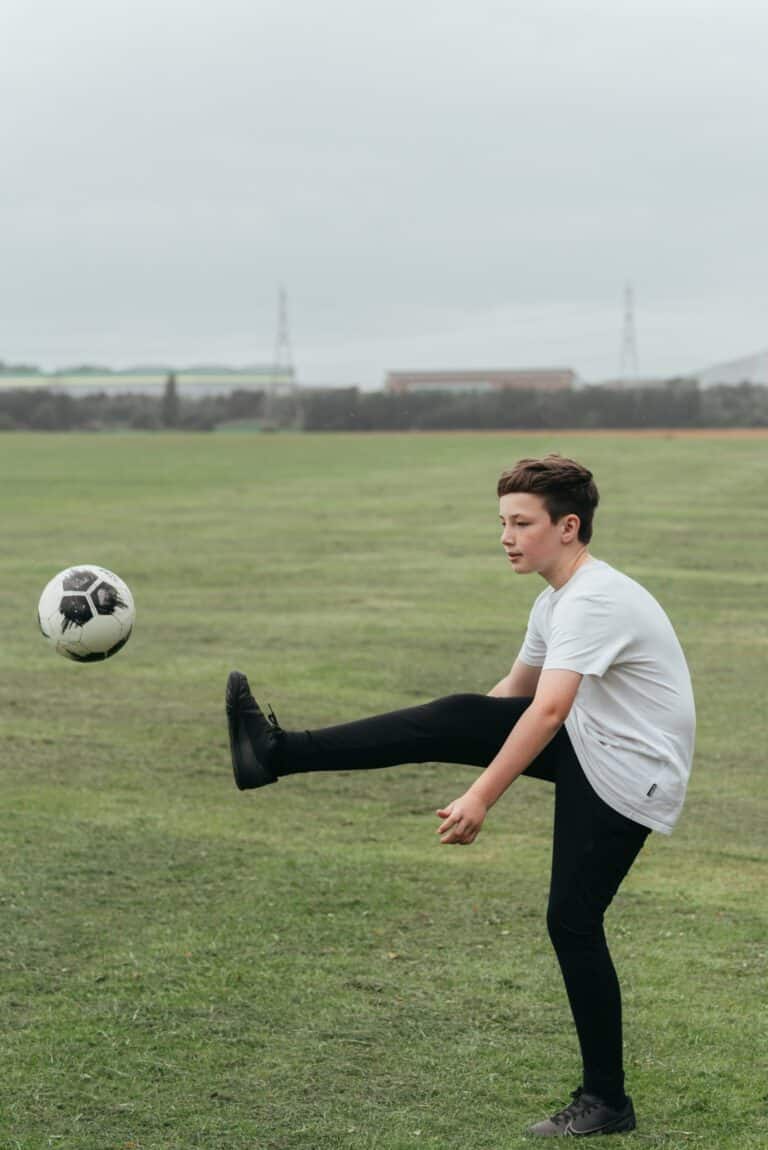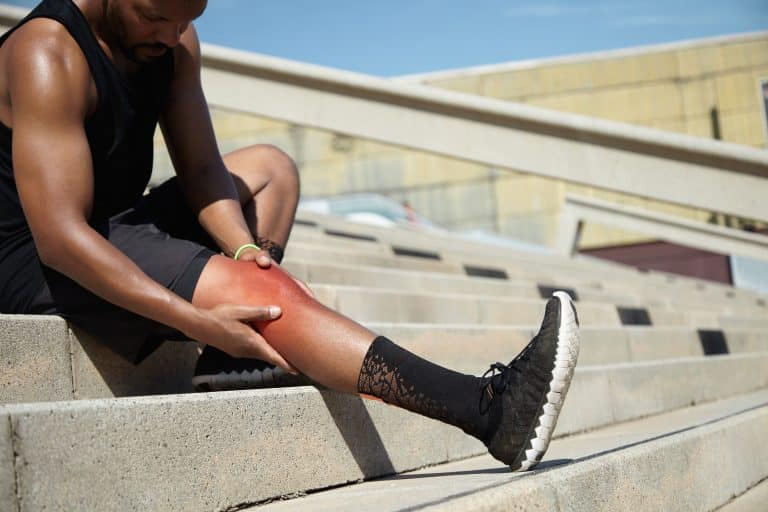ME Physio
Happiness is a healthier and stronger ME
Who we are
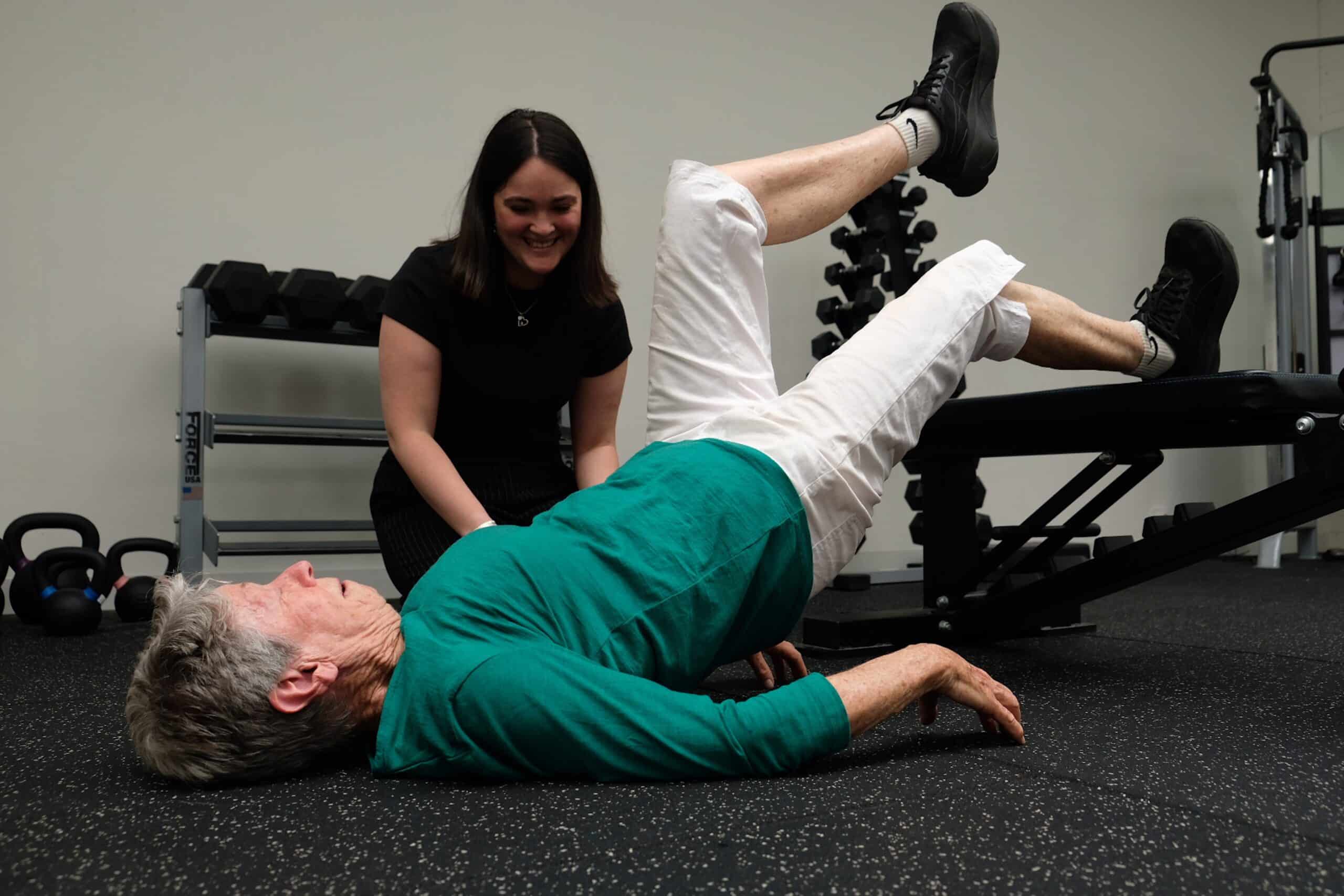
Our mission is to help you feel your best, no matter your stage in life. We’re dedicated to enhancing your physical fitness as you age — whether that means conquering new challenges, improving strength, mobility, and endurance, or maintaining your independence. Our focus is on supporting you so you can stay active and continue doing what you love for as long as possible.
How can we help you
We combine our clinical expertise and exercise knowledge with a personalised, empathetic, and progressive approach to meet your individual needs. Our flexible ME exercise programs are expertly designed to build strength, improve flexibility, and enhance fitness, helping to prevent injury and promote overall health and happiness.
Physiotherapy service providing on point diagnosis and tailored treatment plans. Using a combination of hands on therapy and exercise rehab.
Supervised and individualised strength programs. Tailored for rehabilitation, osteoporosis or general health and wellbeing.
Tailored strength and balance and falls prevention.
Hydrotherapy services held at the purpose-built pool at Harold Holt Aquatic Centre.
Clinical Pilates and Reformer classes tailored for you with our expert physiotherapists.
Physiotherapy and Podiatry services for NDIS plan managed or self-managed participants.
Exercise programs designed by our physiotherapists to challenge your overall strength, flexibility and wellbeing.
Our Clinic Space
Our facilities are located in the beautiful suburb of Malvern East.
LATEST ARTICLES























